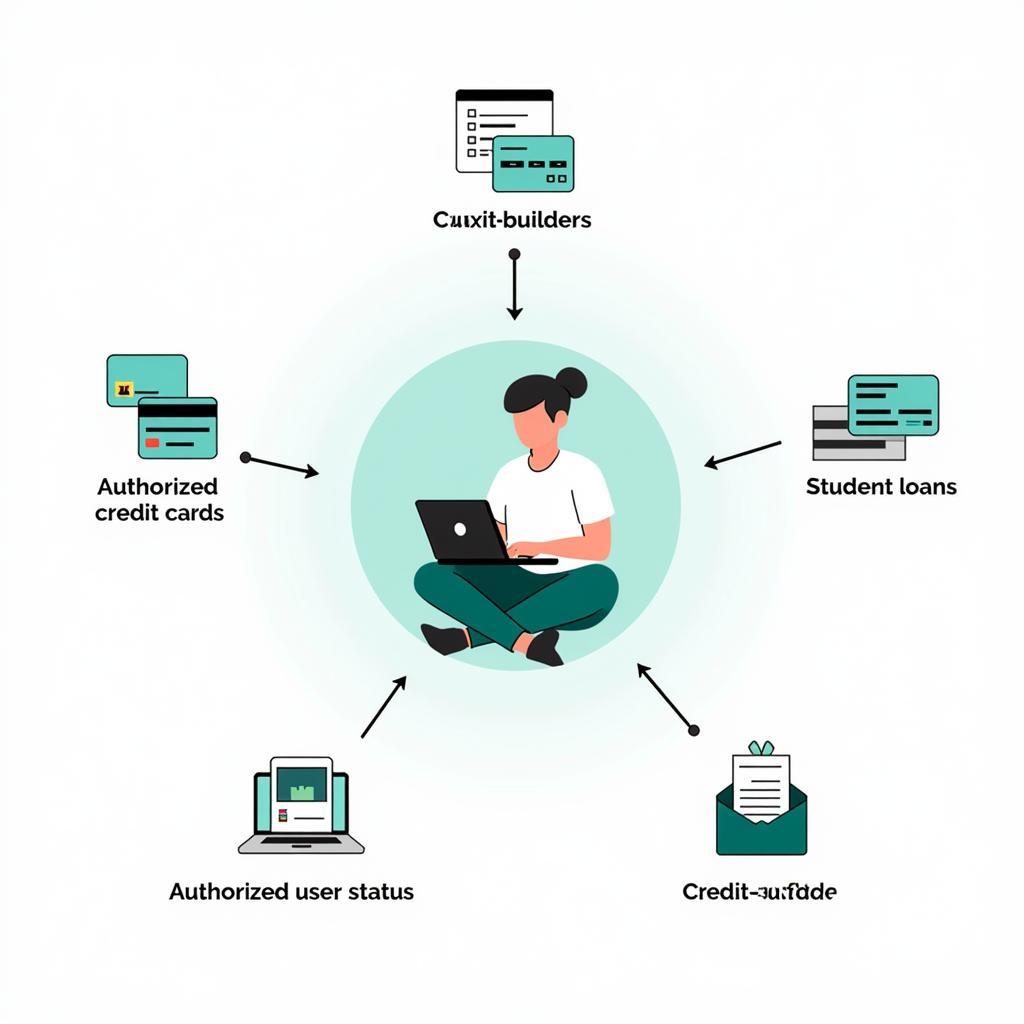New car finance problems can be a significant hurdle for students, especially when juggling tuition fees, living expenses, and the desire for independent transportation. This guide aims to provide clear, concise, and practical advice for students facing the challenges of securing and managing new car financing.
Understanding the Student Car Finance Landscape
For many students, a car represents freedom and convenience. However, securing finance can be tricky. Students often lack a substantial credit history, have limited income, and may not fully grasp the intricacies of loan agreements. This makes navigating the new car finance landscape particularly daunting.
Credit Score Conundrum: Building Credit as a Student
A significant new car finance problem for students stems from a limited or non-existent credit history. Lenders rely heavily on credit scores to assess risk. Building credit as a student requires a proactive approach.
- Secured Credit Cards: These cards require a security deposit, which acts as your credit limit. Responsible use helps build a positive credit history.
- Becoming an Authorized User: If a family member adds you as an authorized user on their credit card, their credit behavior can positively impact your score.
- Student Loans: Timely payments on student loans demonstrate responsible credit management.
- Credit-Builder Loans: These small loans are specifically designed to help build credit.
 Building credit as a student with various methods
Building credit as a student with various methods
Budgeting Basics: Managing Car Payments on a Student Budget
Another critical aspect of new car finance problem solving involves budgeting. Creating a realistic budget that accounts for car payments, insurance, gas, maintenance, and potential repairs is crucial. Track your spending and identify areas where you can cut back to accommodate car expenses.
- List all income sources: Include part-time jobs, scholarships, and financial aid.
- Track expenses: Monitor your spending for a month to understand where your money goes.
- Create a budget: Allocate funds for essential expenses, including car-related costs.
- Review and adjust: Regularly review and adjust your budget to ensure you’re staying on track.
Navigating Loan Options: Finding the Right Fit for Your Needs
Choosing the right loan is paramount. Explore various options, including:
- Dealer Financing: Car dealerships often offer financing options but might have higher interest rates.
- Banks and Credit Unions: These institutions may offer more competitive rates and terms.
- Online Lenders: Online lenders provide a convenient way to compare loan offers.
Compare interest rates, loan terms, and fees to find the most favorable option. Don’t be afraid to negotiate.
“Understanding the terms and conditions of your loan agreement is crucial,” advises John Miller, Senior Financial Advisor at Auto Financial Solutions. “Don’t hesitate to ask questions until you fully comprehend every aspect of the agreement.”
Overcoming Common New Car Finance Problems
Addressing potential issues proactively can prevent future headaches.
Co-Signer Considerations: Benefits and Responsibilities
If you’re struggling to qualify for a loan independently, a co-signer can help. However, it’s crucial to understand the implications. A co-signer is equally responsible for the loan repayment. Missed payments will negatively impact both your and the co-signer’s credit score.
“A co-signer should be someone you trust implicitly and who understands the shared responsibility involved,” says Sarah Johnson, Automotive Finance Expert at Car Loan Consultants.
 Discussing co-signer agreement
Discussing co-signer agreement
Maintaining Your Vehicle: Preventing Costly Repairs
Regular maintenance is vital for preventing costly repairs. Follow the manufacturer’s recommended maintenance schedule and address any issues promptly. This can save you money in the long run and help preserve the value of your vehicle.
Conclusion: Driving Towards Financial Success
Navigating new car finance problems as a student can be challenging but manageable with careful planning and informed decision-making. By understanding the landscape, building credit, and making responsible financial choices, you can achieve your goal of owning a car while maintaining financial stability. For any further assistance, connect with AutoTipPro at +1 (641) 206-8880 or visit our office at 500 N St Mary’s St, San Antonio, TX 78205, United States.




Leave a Reply